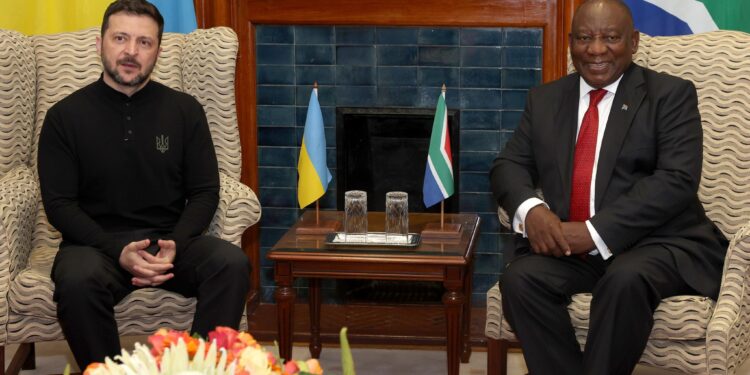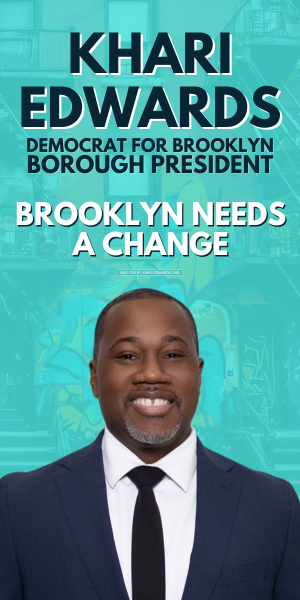Ukrainian President Volodymyr Zelenskyy unexpectedly ended his official trip to South Africa after a lethal missile and drone assault from Russia struck Kyiv. This incident, which occurred on Thursday, April 24th, resulted in the deaths of at least nine people and injuries to more than 70. Following his meeting with South African President Cyril Ramaphosa in Pretoria, Zelenskyy announced via Telegram that he would return to Ukraine immediately. The purpose of the visit was to strengthen diplomatic relations with African countries and gain global support for Ukraine’s stance against Russian hostilities, but the tragic events in Kyiv interrupted these plans.
The meeting between Zelenskyy and Ramaphosa was historic, marking the first time in 33 years that a Ukrainian leader visited South Africa. Zelenskyy emphasized that the trip’s goal was to enhance Ukraine’s diplomatic ties, especially in light of growing tensions with the United States during President Donald Trump’s time in office. Ramaphosa underscored the importance of the visit, noting that it strengthened the relationship between the two nations and supported efforts for a comprehensive peace. Before Zelenskyy’s visit, Ramaphosa had also discussed peace initiatives with Russian President Vladimir Putin.
Zelenskyy’s activities in Africa are part of a broader strategy to counter Russia’s increasing influence. He mentioned that Ukraine has doubled the number of its embassies in Africa over the past three years, recognizing the strategic importance of African countries, many of which had previously refrained from condemning Russia’s 2022 invasion. According to Steven Gruzd from the South African Institute of International Relations, Ukraine competes with several countries, including Russia, China, and Turkey, to build African alliances.
Ramaphosa wanted to serve as a mediator, emphasizing South Africa’s role in the BRICS group and its ability to engage with Russia and Ukraine. He reaffirmed his commitment to promoting peace, highlighting that diplomacy is crucial in light of the increasingly hostile global view of the conflict. This reflects South Africa’s approach to maintaining balanced international relationships, particularly after tensions with the Trump administration over various geopolitical issues.
During peace talks, Zelenskyy firmly stated that Ukraine would not surrender any territory it occupies, including Crimea. He dismissed proposals to give up land as part of a resolution, asserting, “This is our territory, the land belonging to the Ukrainian people.” His strong stance reflects doubts about Russia’s intentions, even as international actors urge faster peace negotiations. Zelenskyy’s swift departure from South Africa underscores the urgency of the situation and the immediate responsibilities of leadership in a time of war.










